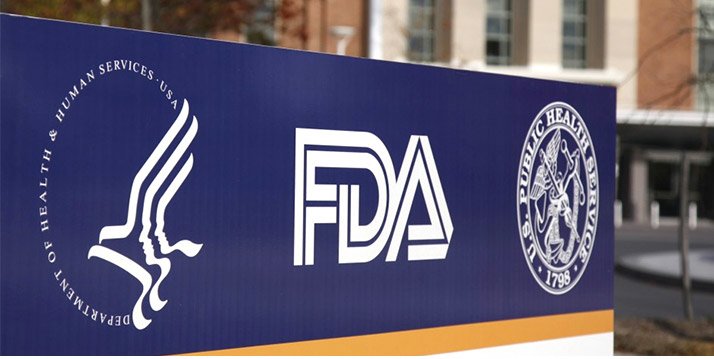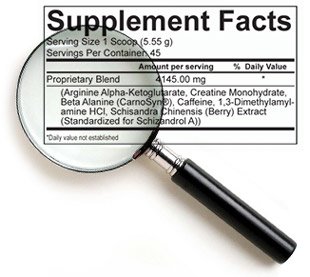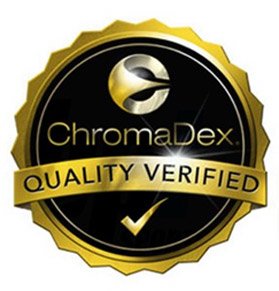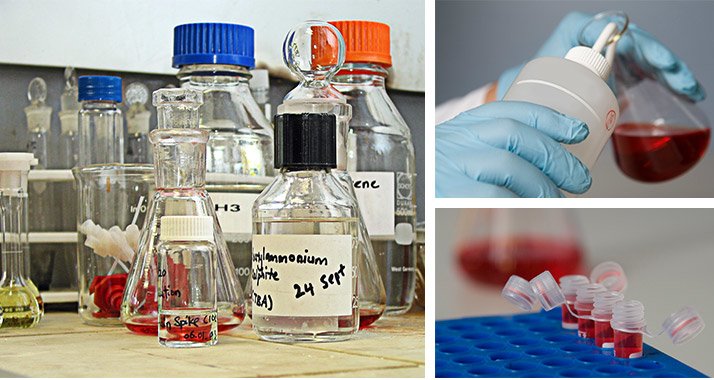
State-Of-The-Art Supplement Manufacturing: What You Need To Know
You've heard of them, but how much do you really know about the regulation and manufacturing practices of nutritional supplements? Learn the current guidelines and how technology is changing the face of supplement manufacturing.
Look at the label on one of your supplements. Can you easily identify every ingredient—including the amount—found in the product? Do you know how the product was formulated, or what research was used to determine what ingredients would be used? Can you ensure the product you're taking was tested for safety and efficacy before landing in your kitchen cabinet?
If you're anything like the 150 million Americans regularly taking dietary supplements, you may understand the benefits of taking supplements to support overall health and performance.1 But do you fully understand the U.S. government's role in ensuring these products are safe and effective?
Under the Dietary Supplement Health and Education Act (DSHEA), the U.S. Food and Drug Administration (FDA) has the authority to regulate dietary supplements, as well as those who manufacture, distribute, and sell them. Furthermore, the FDA can pull any dietary supplement off the market if it is found to be unsafe, contaminated, or if the claims on the products are false and misleading. Nevertheless, critics of the industry continue to argue that supplements are unregulated.
Although law requires manufacturers to produce dietary supplements with quality standards and ensure that they do not contain impurities, supplements, unlike prescription drugs, are not always approved by the government for safety and effectiveness before they reach the market. In fact, the FDA only reviews new ingredients prior to DSHEA for safety before hitting the shelves.

So how do you ensure you're not wasting your money on subpar products that contain a bunch of fillers, potentially sabotaging your gains in the gym? By choosing brands that focus on quality, testing, and verification practices for their products, you set yourself up to achieve the best results possible.
Here are four helpful points to consider before making any supplement purchase.
1 LABELING SHOULD BE TRANSPARENT
All ingredients in a dietary supplement are required to be listed on the product label—either on the supplement facts panel or on the ingredient listing just below the panel. Furthermore, each ingredient should be listed in order of predominance of dosage. So if the label has five ingredients listed, the first one on the list should have the highest dose. The idea behind this is to make it easy for the consumer to see what's in the supplement they are purchasing. Unfortunately, that's not always the case. Although companies are required to include ingredient labels, some companies still avoid transparency about what's in their product. Here are some things to watch out for:

Proprietary Blends
Some products (e.g. pre-workouts) contain "proprietary blends" that do not reveal the amount and concentration for individual ingredients. Companies will often do this to protect their formulations from their competitors; however, some products use such blends to mask the fact that there isn't enough of a specific ingredient to offer you any benefits.
Some companies will add an extremely small amount of an expensive ingredient to their product so that they can add the name to the label, a practice known as "fairy dusting." So while a given product may claim to contain, say, beta-alanine, which can help reduce fatigue, the suboptimal dose used is most likely too little to offer any benefits. If you can't figure out the exact amount of each ingredient listed in a product, you could be setting yourself up for some disappointing results in the gym—and throwing your hard-earned money down the drain.
Some ingredients can work synergistically, meaning one ingredient enhances the effects of the other (for example, caffeine and EGCG). So in this case, although the individual amounts of each ingredient may not be enough to provide any benefit, the combination of ingredients can help support the claims made on the label. Since the FDA does not require manufacturers to list specific amounts used in proprietary blends, just be cautious of blends that contain stimulants or stimulant-like ingredients, such as caffeine, yohimbine, or synephrine. Consuming high levels of these can lead to dizziness, headache, abdominal cramps, and difficulties falling asleep.
Ingredient Labels
When ordering supplements, be wary of any product that doesn't publish a copy of the ingredient label, listing all active and inactive ingredients, on their website. What's more, there should be clear directions for use, how to take it most effectively with other products, and how to use it with your current training program and diet.
Contraindications
Any contraindications should be clearly listed on the label. Some products or ingredients should not be taken by individuals taking certain medications, with pre-existing health conditions, or who have specific allergies.
2 PRODUCTS SHOULD BE BACKED BY RESEARCH
Look for research studies either done on the individual ingredients in the product, or the product itself. You the consumer have every right to know if the ingredients in the product you are taking have been clinically shown to support health and performance. You can often find these studies on a company's webpage; some companies even include them on the product label.
While some companies will have their own unique product formulation tested in a clinical study carried out by a third-party research facility, others will make their claims based on previously conducted studies using the same ingredients found in their product.
A few things to look for, to ensure that a product will work as the manufacture claims it will:
- Clinical studies used by supplement companies should always have been performed on humans, not animals, and not in a petri dish.
- Studies should use a randomized, double-blind, placebo-controlled study design.
- The dose used in the research study should be the same dose found on the product label.

3 PRODUCTS SHOULD BE TESTED BY THIRD PARTIES
Third-party certification organizations provide independent testing to evaluate supplements and their ingredients. These types of certification programs verify the quality of the product, make sure the ingredients listed on the label are in fact in the product, and verify that the product does not contain any undeclared ingredients. Although the process of registering products with a third-party program can carry a hefty price tag for supplement companies, you, the consumer, can know that the supplement is safe and free from prohibited substances.
Third-party verification of dietary supplements is relatively new to the industry and currently not required by the FDA. However, in an effort to certify their products, some supplement companies are partnering with third-party testing facilities to verify the quality of their products and help allay consumer fears, one example being protein spiking.
Protein spiking, also referred to as "nitrogen spiking" or "amino spiking," is a technique that allows supplement companies to put less protein into their products than what is listed on the label. Essentially, companies will add incomplete amino acids that are cheaper than the base protein powder (typically whey, casein, or egg) in an effort to raise the nitrogen level and give a false protein reading.

4 QUALITY MANUFACTURING MATTERS
Good manufacturing practices (GMP’s) are guidelines that provide a system of processes, procedures, and documentation to assure a product has the identity, strength, quality, and purity it claims to have on its label.
FDA does not approve or certify dietary supplements before the products hit the market, but they do require that supplement companies prepare their products according to GMP’s, which helps to ensure that supplements are manufactured, prepared, and stored properly and meet certain quality standards. Companies must produce and test their finished products in a way that eliminates the possibility of accidental contamination or tainting, and ensures the products listed on the label match what's in the bottle.
Since there is no official approval process for supplements, the manufacturer is responsible to ensure the product they are putting out on the market is safe for its consumers. In order to save money, some companies may choose to test for the bare minimum, resulting in a low-quality product with subpar ingredients.

To protect your health—and wallet—shop for products with seals from third-party or independent verification programs such as United States Pharmacopeia (USP), NSF International, Informed Choice, and ConsumerLab.com. These companies review products for contaminants, ensure quality of the ingredients, ensure the ingredients are present in quantities specified on the label, and make sure the labels meet FDA specifications. Some of these companies will also screen for banned substances (NSF, Informed Choice Sport) and conduct random off-the-shelf tests on approved products (Informed Choice and USP).
While there is a regulatory system in place for dietary supplements, looking for the aforementioned labels and seals can help you rest assured that your products are not only high quality, but will provide you with the benefits you're looking for.
Reference
- Council for Responsible Nutrition (CRN). www.crnusa.org
